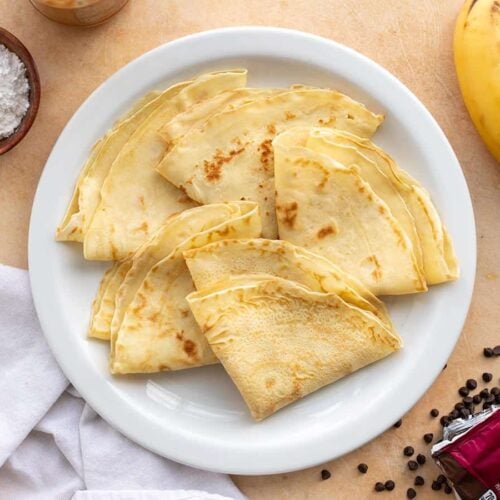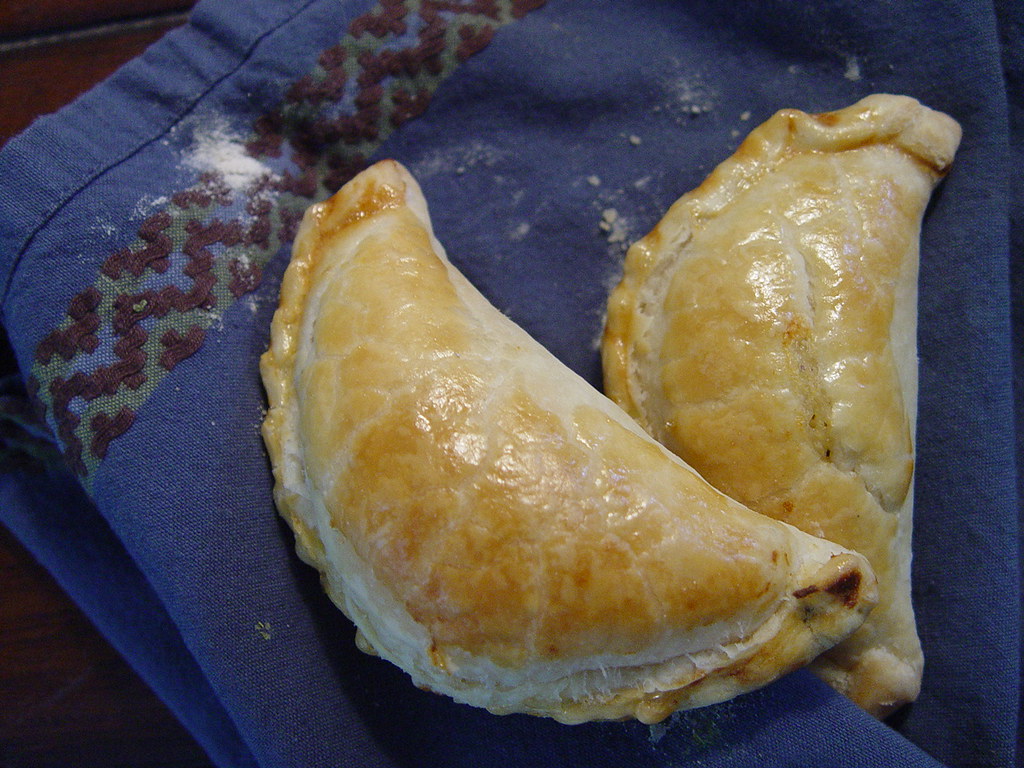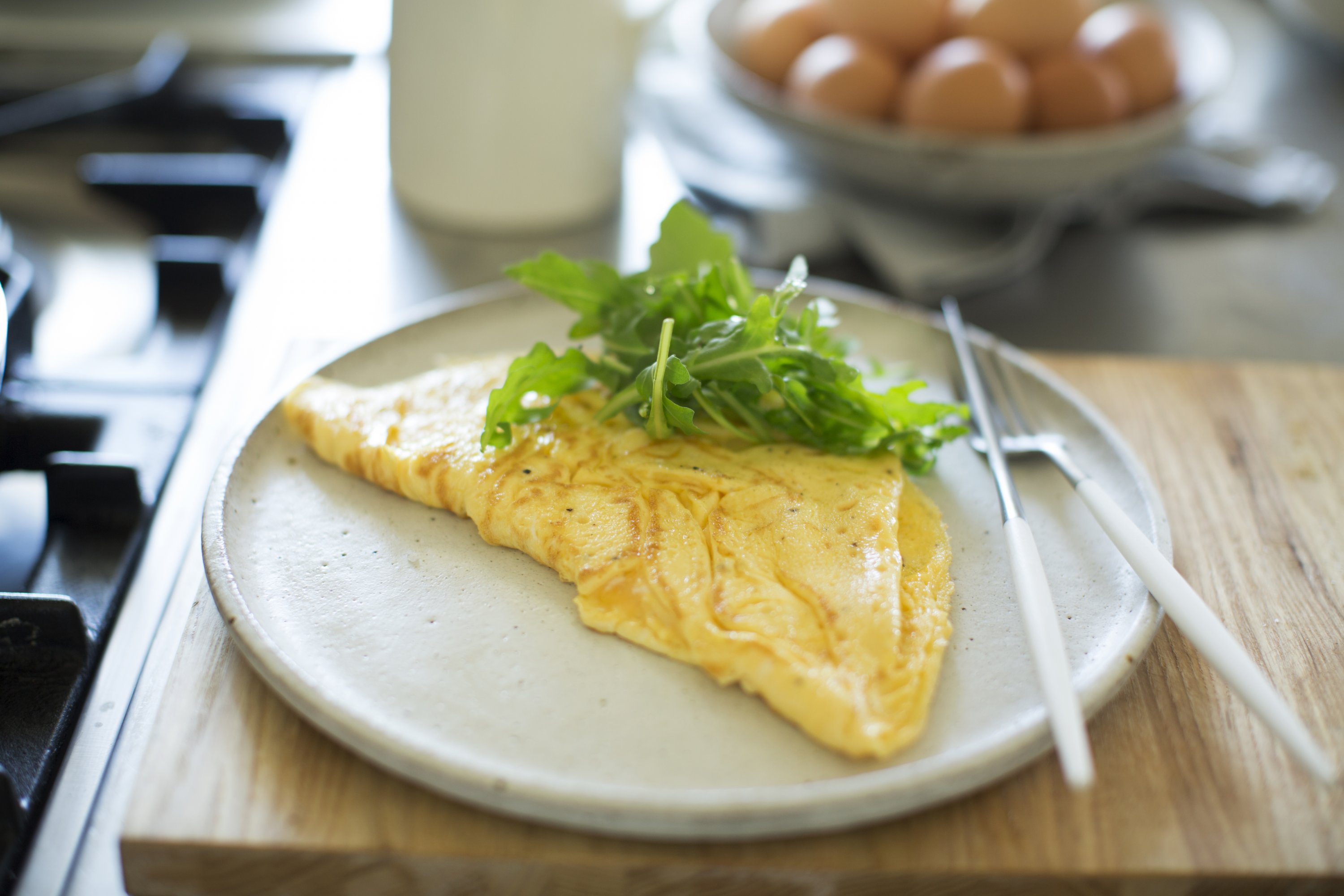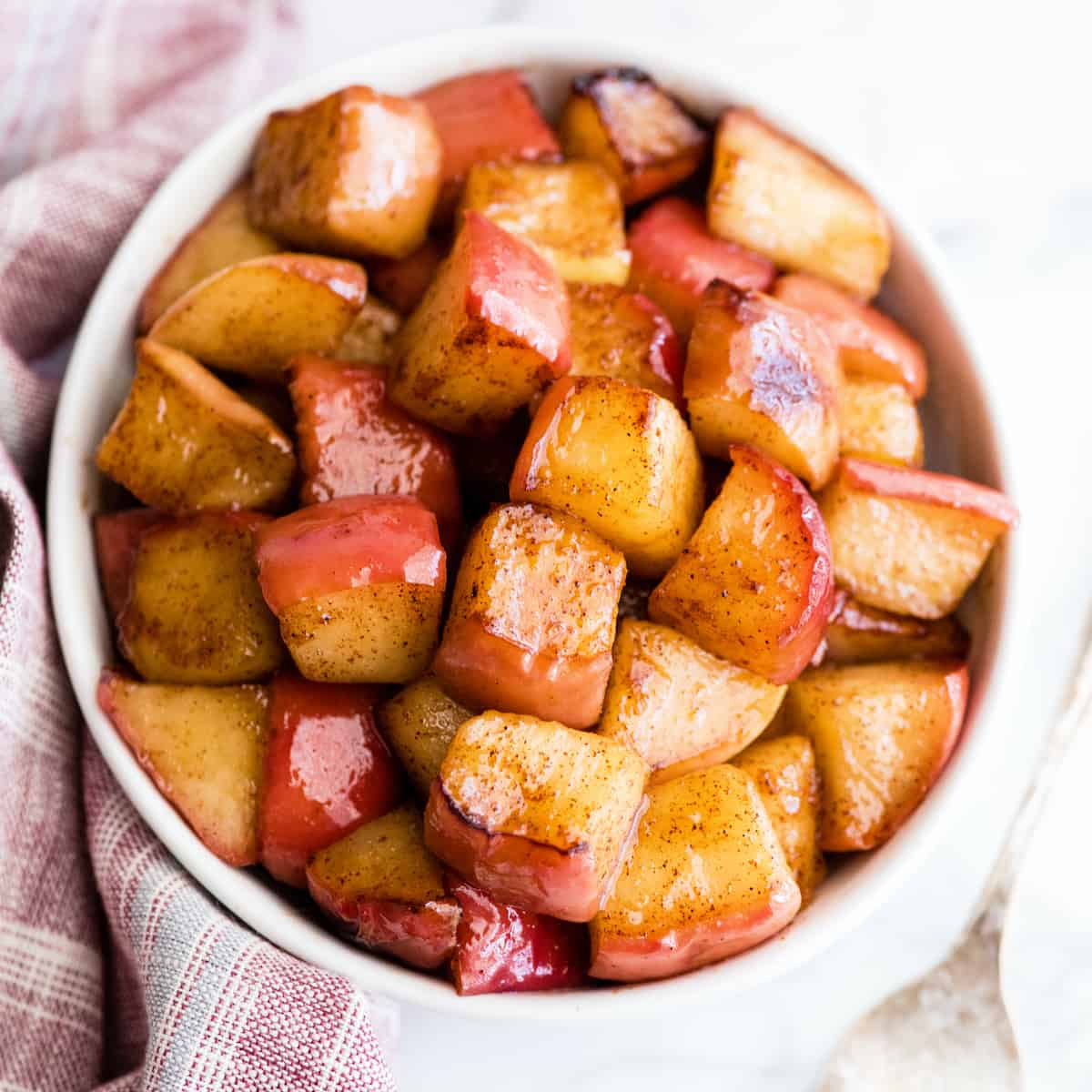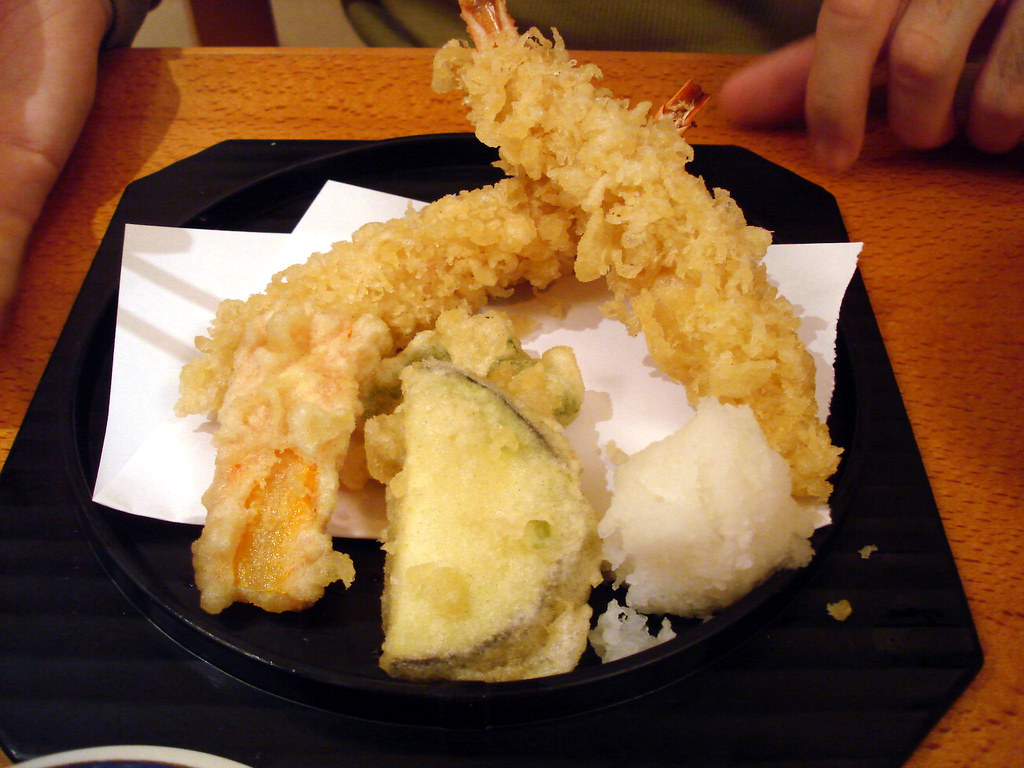Perfect Boiled Eggs
Perfect Boiled Eggs: A Culinary Masterpiece at Your Fingertips
Indulge in the simplicity and versatility of perfectly boiled eggs, a culinary staple that has been tantalizing taste buds for centuries. With their creamy yolk and tender white, they are a breakfast classic, a salad topper, and an essential ingredient in countless dishes.
Origin and History
The humble boiled egg has a long and storied history, dating back to ancient civilizations. It was believed that the first boiled eggs were prepared in hot springs and volcanic basins, where the natural heat provided an ideal environment for cooking. Over time, the practice spread throughout the world, becoming a cooking staple in countless cultures.
Personal Touch
As a culinary enthusiast, I have always been fascinated by the art of boiling eggs. It is a seemingly simple task, yet it requires a delicate balance of time and temperature to achieve perfection. After countless attempts, I have finally mastered the techniques and am eager to share my secrets with you.
Things to Expect
In this blog post, we will delve into the world of perfect boiled eggs, exploring:
- The origins and history of this culinary masterpiece
- A detailed ingredient list and comprehensive preparation steps
- Cooking time, servings, and nutritional information
- Health benefits and potential risks
- Tips, tricks, and variations for customization
- Serving suggestions, storage instructions, and FAQs
Ingredients List
- Large eggs (cold from the refrigerator)
- Cold water
- Salt (optional)
Preparation Steps
-
Place the eggs in a single layer in a saucepan: Ensure that the eggs are covered by at least an inch of cold water.
-
Bring to a boil: Place the saucepan over high heat and bring the water to a rapid boil.
-
Reduce heat and simmer: Once boiling, immediately reduce the heat to medium-low and maintain a gentle simmer for the desired cooking time.
-
Set a timer: The cooking time depends on your desired doneness. Check the table below for guidance:
- Soft-boiled: 6-7 minutes
- Medium-boiled: 9-10 minutes
- Hard-boiled: 12-15 minutes
-
Remove from heat and cool: When the timer goes off, immediately remove the eggs from the heat and transfer them to an ice bath (a bowl filled with cold water and ice). This step stops the cooking process and prevents the eggs from overcooking.
-
Peel and enjoy: Allow the eggs to cool for a few minutes before peeling and enjoying them as desired.
Cooking Time & Servings
This recipe yields 4 to 6 perfectly boiled eggs, depending on the desired doneness. The cooking time can be adjusted to achieve your preferred texture.
Nutritional Information
A medium-sized boiled egg (50g) provides approximately:
| Nutrient | Amount |
|---|---|
| Calories | 78 |
| Protein | 6.3g |
| Fat | 5.3g |
| Saturated fat | 1.6g |
| Carbohydrates | 0.6g |
| Cholesterol | 186mg |
Health Conditions and People to Avoid
Boiled eggs are generally considered safe for most people. However, individuals with certain health conditions may need to exercise caution:
- High cholesterol: Individuals with high cholesterol levels may want to limit their intake of boiled eggs due to their high cholesterol content.
- Egg allergy: Individuals with egg allergies should avoid boiled eggs, as they can trigger allergic reactions.
- Digestive issues: People with certain digestive issues, such as irritable bowel syndrome (IBS), may find that boiled eggs aggravate their symptoms.
Nutrition and Benefits to the Body
Boiled eggs are a nutrient-rich food that offers several health benefits:
- High protein: Boiled eggs provide a significant amount of protein, which is essential for muscle growth and repair.
- Good source of choline: Choline is a nutrient that plays a crucial role in brain development and function.
- Rich in lutein and zeaxanthin: These antioxidants protect the eyes from damage caused by UV light.
- Boosts satiety: Boiled eggs are filling, which can help you feel satisfied and reduce your overall calorie intake.
Disadvantages
While boiled eggs offer several health benefits, there are also some potential risks to consider:
- High cholesterol: Boiled eggs are high in cholesterol, which can contribute to heart disease if consumed in excess.
- Allergic reactions: Egg allergies are one of the most common food allergies, and boiled eggs can trigger severe reactions in individuals with the allergy.
- Digestive issues: Boiled eggs can be difficult to digest for some people, particularly those with IBS or other digestive problems.
Tips and Tricks
- Start with cold eggs: Using cold eggs helps prevent the shells from cracking during the boiling process.
- Add salt to the water: This helps prevent the egg white from sticking to the shell.
- Use an egg pricker: An egg pricker or a needle can prevent the eggshell from cracking when adding the eggs to the boiling water.
- Don’t overcook: Avoid overcooking the eggs, as this can make the yolk tough and chalky.
- Store properly: Boiled eggs can be stored in the refrigerator for up to 7 days.
Equipment Needed
- Saucepan
- Egg pricker (optional)
- Ice bath
Variations or Substitutions
- Hard-boiled eggs: For longer cooking times, such as 12-15 minutes.
- Omelet eggs: Whisk the eggs before boiling to create a fluffy texture.
- Poached eggs: Poach the eggs in simmering water instead of boiling them.
Serving Suggestions
- Breakfast: Add boiled eggs to oatmeal, yogurt, or toast.
- Salads: Use boiled eggs to add protein and texture to salads.
- Snacks: Boiled eggs make a healthy and satisfying snack.
- Dips and spreads: Boil eggs and mash them to create a creamy dip or spread.
Storage and Reheating Instructions
- Storage: Boiled eggs can be stored in the refrigerator for up to 7 days.
- Reheating: To reheat boiled eggs, place them in a pot of boiling water for 5-7 minutes, depending on the desired doneness.
Conclusion
Boiling eggs may seem like a simple task, but mastering the art requires careful attention to detail and a bit of practice. With the techniques outlined in this post, you can effortlessly elevate your boiled eggs to culinary perfection. Whether you prefer them soft, medium, or hard-boiled, the possibilities are endless. So gather your ingredients, roll up your sleeves, and embark on a delightful culinary adventure with these perfect boiled eggs.
FAQs
-
How do I know if an egg is hard-boiled?
You can spin the egg on a flat surface. If it spins smoothly without wobbling, it’s hard-boiled. -
How can I peel eggs easily?
Add a small amount of vinegar or baking soda to the boiling water. This helps loosen the shell and makes peeling easier. -
Is it safe to eat the green ring around hard-boiled eggs?
The green ring is harmless and forms when the egg overcooks. It’s caused by a reaction between the sulfur in the egg and the iron in the egg yolk. -
Can I boil eggs in the microwave?
Yes, but it’s essential to prick the egg all over with a fork or egg pricker before microwaving. -
How long do I boil eggs for runny yolks?
For runny yolks, boil the eggs for approximately 6-7 minutes.


